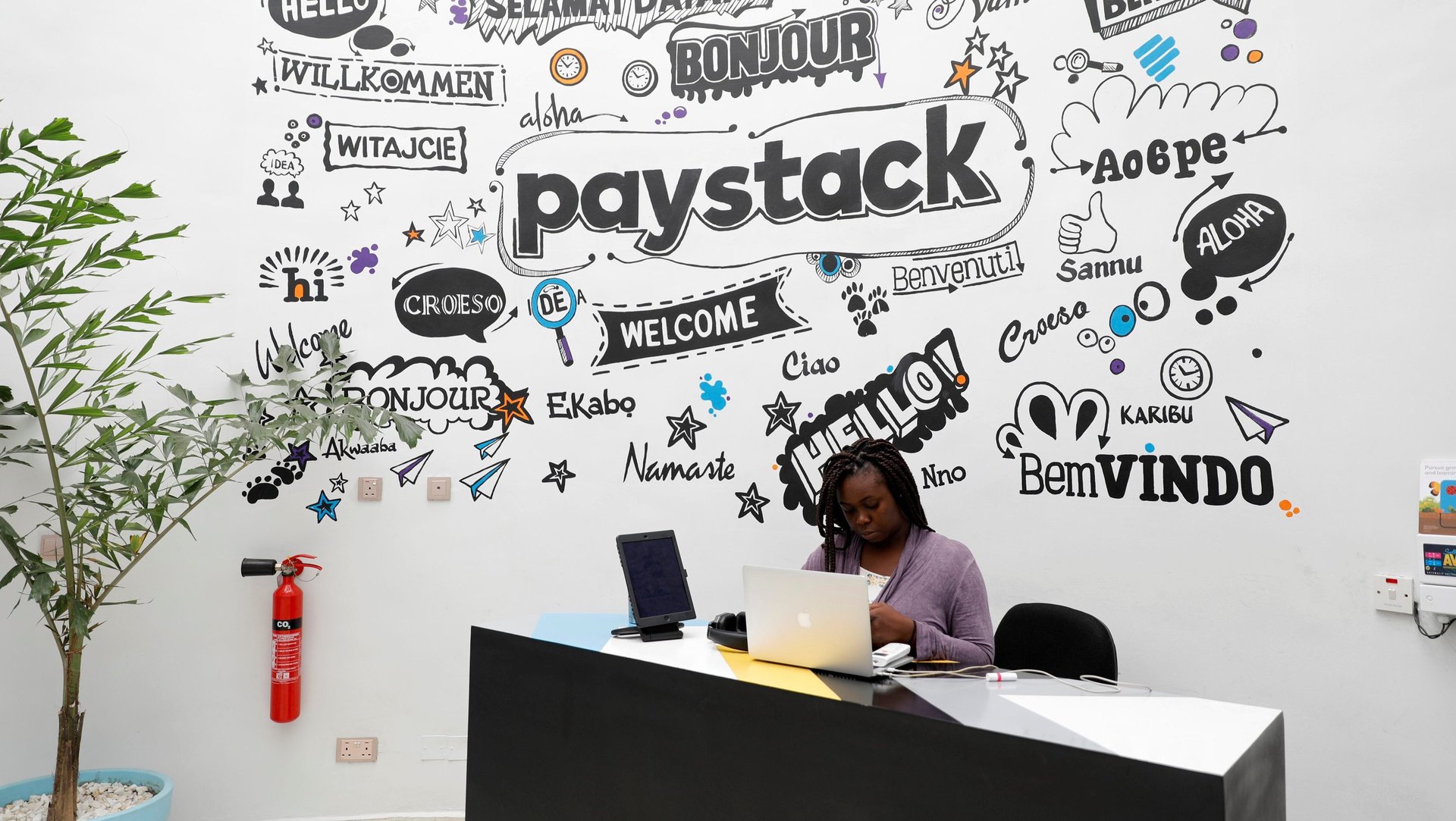What are Y Combinator’s most valuable African startups?
Accelerator programs run by companies like Y Combinator help African startups with business readiness, access to investor networks, and global prestige. Twice every year, there’s a buzz to see what African startups made it into the famed program that helped propel companies such as Airbnb, Stripe, and Coinbase.


Accelerator programs run by companies like Y Combinator help African startups with business readiness, access to investor networks, and global prestige. Twice every year, there’s a buzz to see what African startups made it into the famed program that helped propel companies such as Airbnb, Stripe, and Coinbase.
Y Combinator’s winter batch in March welcomed its largest cohort of participating African startups yet. The majority of the 24 were from Nigeria, as tends to happen with each cohort. But one of the highlights was seeing a startup from Sudan participating for the first time.
Bloom, the Sudanese startup, is a typical African YC startup given that it is a financial services company. Nearly half of the 90 or so African companies that YC has invested in are classified as operating in fintech, with B2B software and services a distant second.
It is no surprise then that on the current list of YC’s most valuable startups, the African contingent is dominated by fintech.
Y Combinator has two African unicorns
Valuation is not a perfect metric for assessing company value. It would be more useful to judge startups by revenue and profitability. Fast, the now defunct American one-click checkout startup, is the latest cautionary tale after blowing through millions of investor money without making money.
But private companies don’t share revenue data, leaving the public to define their value based on what venture capitalists decide during funding rounds.
All seven African companies on the list are private companies. Flutterwave, and Senegal-based mobile money startup Wave are the only ones in the top 100 of YC’s 271 top companies. Both are each worth at least a billion dollars, buoyed by mega rounds of fundraising within the past year.
Even with misconduct allegations against its CEO inviting scrutiny into the company’s operations, Flutterwave has grown rapidly since it was founded in 2016 to become one of Africa’s most active startups. Its diverse products now stretch beyond payments processing to include e-commerce and small business lending, effectively competing with startups in other sectors.
Wave has been similarly aggressive by taking on mobile money offerings by Orange, MTN and other telcos in Francophone west Africa. The company said this week that it now has an e-money license from the Central Bank of West African states, becoming the first non-telco and non-bank company to do so. With the license, Wave will no longer need to depend on banks to offer its mobile money services directly to customers.
YC’s African healthcare startups catch the eye
Flutterwave and Wave may get most attention for being unicorns, but at least four other YC companies in Africa are worth more than $150 million (the lowest valuation of the companies on the YC list).
Paystack, which sold for $200 million to Stripe in 2020, is one of them as is Yassir, an app for ride-hailing and delivery in Algeria and Tunisia. Kudi, a Nigerian fintech that facilitates banking services using corner shop agents, is the other fintech in the group. (The startup recently rebranded to Nomba.)
For observers hoping that non-fintech types of African startups are deemed valuable, the presence of Reliance Health, and 54gene will be encouraging. Both are based in Nigeria, the former is a health insurance provider while the latter is the continent’s first mover in curating a bank of DNA data on people of African descent.